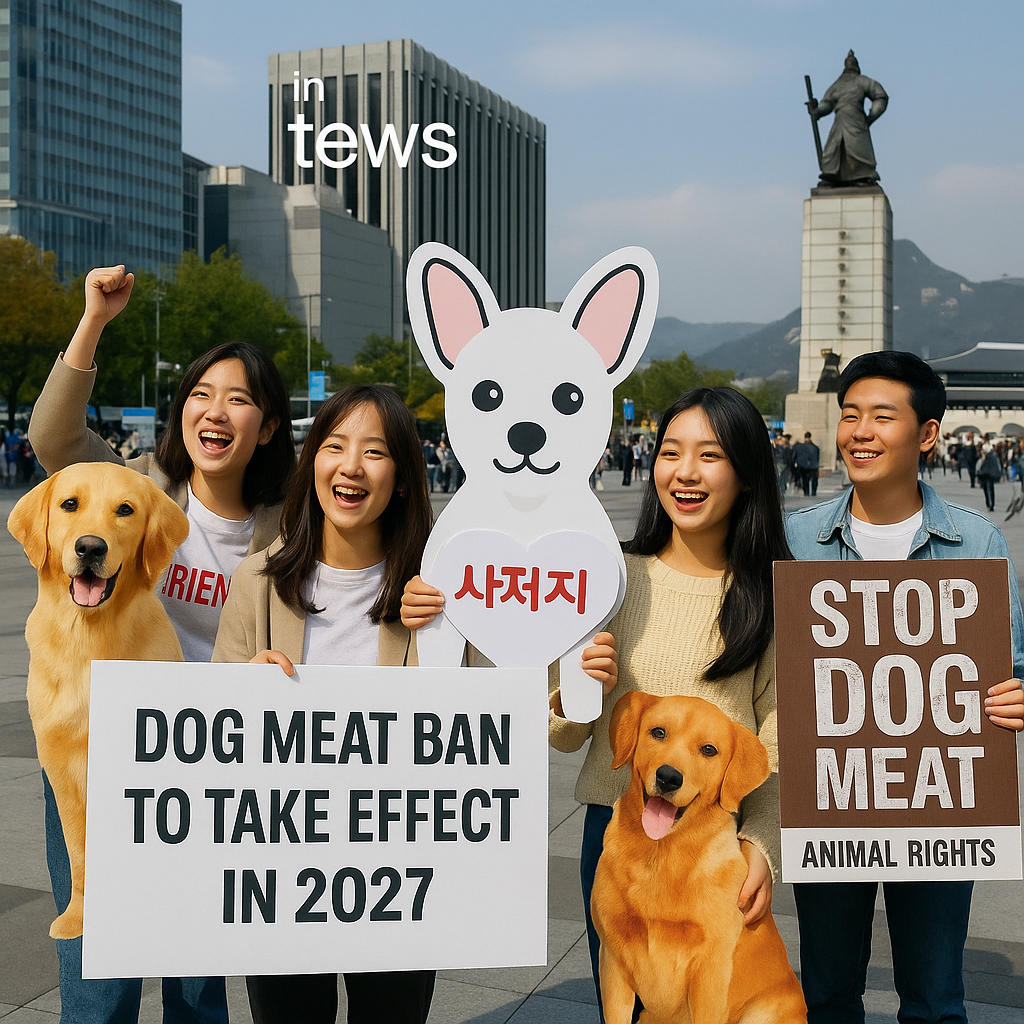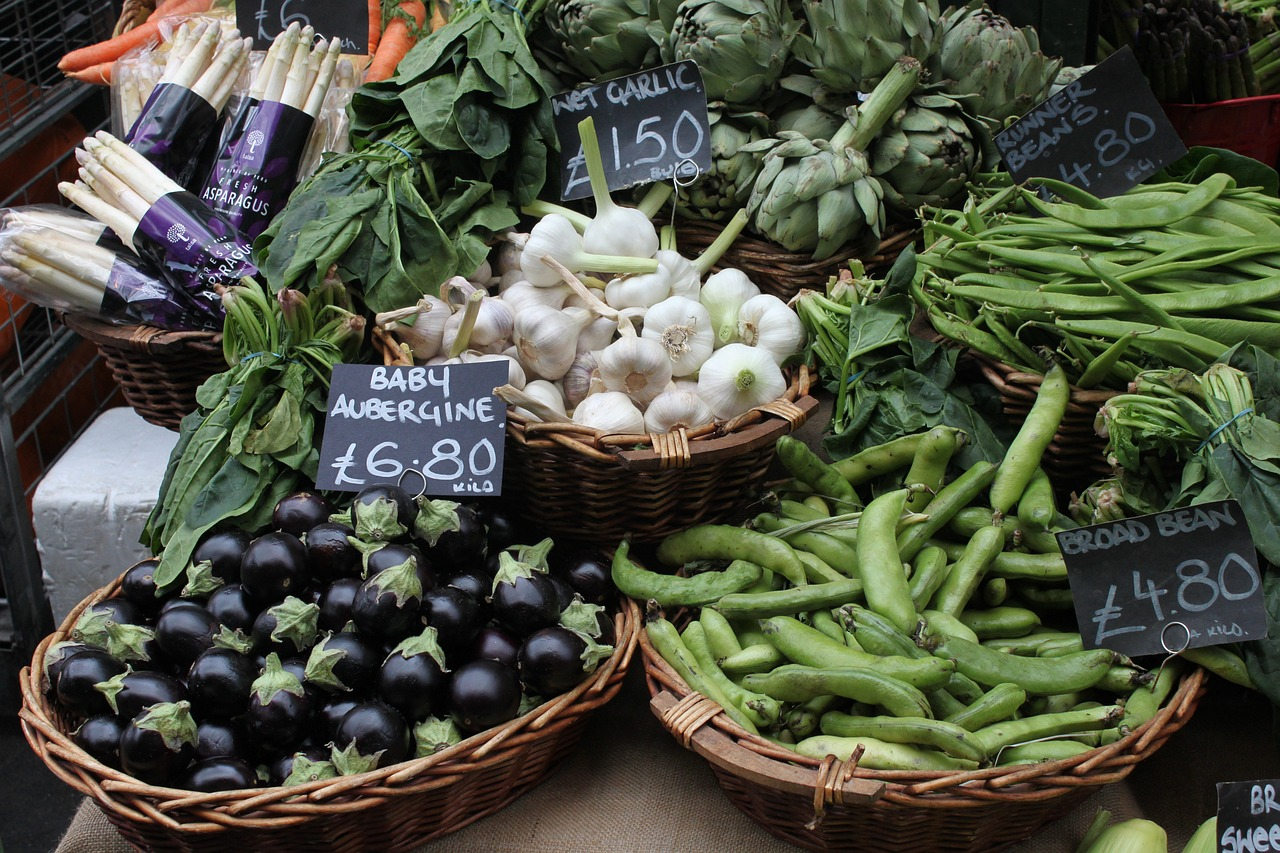| 최초 작성일 : 2025-09-05 | 수정일 : 2025-09-05 | 조회수 : 35 |

“South Korea Passes Law to Ban Dog Meat by 2027” — BBC, Jan. 9, 2025 “Dog Meat Ban in Korea Sparks Debate Over Tradition and Animal Rights” — The New York Times, Jan. 10, 2025 “Korea’s Dog Meat Controversy: Culture, Politics, and Global Image” — The Korea Herald, Jan. 11, 2025 ----------------------------- In early 2025, South Korea passed a historic bill to ban the sale and consumption of dog meat by 2027. The decision sparked heated debate. Advocates welcomed the law as a victory for animal rights and Korea’s international reputation, while opponents argued that it ignored cultural traditions and rural livelihoods. Dog meat consumption in Korea has already declined dramatically, especially among younger generations. Yet its symbolic power remains disproportionately large: it has become a battleground where modernity and tradition, global norms and local culture, ethical progress and cultural relativism collide. The issue is not merely about eating habits. It embodies a deeper struggle about how Korea defines its identity in a globalized age. To move beyond surface-level arguments, we turn to social theories that help us interpret the meaning of this transition.
① Cultural Relativism vs. Universalism Cultural relativism argues that values and practices must be understood within their cultural context. From this perspective, dog meat consumption is neither inherently barbaric nor progressive, but a tradition shaped by historical circumstances. Universalism, on the other hand, asserts that certain ethical principles—such as animal welfare—transcend cultural boundaries. The tension between these two perspectives underpins much of the global debate. ② Modernization Theory Modernization theory suggests that societies evolve from traditional to modern systems, often abandoning practices seen as incompatible with modern industrial and democratic values. The decline of dog meat can be interpreted as part of Korea’s ongoing modernization, aligning itself with global ethical standards. ③ Identity and Symbolic Interactionism Symbolic interactionism emphasizes how meanings are constructed through social interaction. Dog meat has become less about food and more about symbolism—representing backwardness to some, resilience of tradition to others, and a reputational burden for the nation as a whole. ④ Risk Society (Ulrich Beck) In Beck’s framework, advanced societies focus on managing risks of modernity. Here, Korea perceives dog meat not as a nutritional or cultural matter but as a reputational “risk” that threatens its soft power, tourism, and global image. These theories provide the lens through which we can analyze the dog meat ban not simply as policy, but as a symbolic transformation of Korean society.
The BBC and New York Times reports highlight international praise for Korea’s decision, but inside Korea, the debate is more complex. Older generations, especially in rural areas, view the ban as state interference in personal freedom and an erasure of tradition. For many, dog meat is associated with post-war poverty, when protein sources were scarce. To them, banning it feels like denying part of their history. Yet for younger Koreans, dog meat is not food but a moral problem. Surveys show that less than 10% of people in their 20s have ever eaten dog meat. Instead, they see dogs primarily as companions. This generational divide illustrates Inglehart’s Value Change Theory: as societies grow wealthier and secure, survival values (food, necessity) give way to post-materialist values (ethics, animal welfare). From the perspective of Modernization Theory, Korea’s move is almost inevitable. As an advanced democracy, its reputation is increasingly tied to global norms. Just as the nation embraced K-pop as a global cultural export, it also seeks to shed practices seen as out of step with modern values. Symbolic interactionism helps explain why the issue has gained such prominence. Dog meat is consumed far less than pork or beef, yet it receives disproportionate attention because it has become a symbol of national image. Eating or not eating dog meat is no longer a personal dietary choice—it is a statement about identity, ethics, and Korea’s place in the world. Finally, Risk Society Theory suggests that the ban reflects Korea’s effort to minimize reputational risk. In an interconnected world, images of dog markets circulating online damage tourism and soft power. The ban, therefore, is as much about global image management as it is about animal rights.

The implications of the dog meat ban extend beyond diet. - For Korean Society: The ban forces a reckoning with cultural pluralism. Can a society honor its traditions while discarding practices deemed unethical by contemporary standards? - For Global Perception: Korea aligns itself with international animal welfare norms, strengthening its soft power. Yet critics warn against framing cultural change only for foreign approval. - For Policy: The government must balance compassion with pragmatism. Rural farmers and businesses reliant on the dog meat trade require economic alternatives. Without such support, resentment may deepen. For Ethics: The debate raises broader questions about meat consumption itself. If dog meat is banned on ethical grounds, why not extend similar scrutiny to industrial livestock practices? Ultimately, the dog meat ban is not the end but the beginning of a larger conversation about ethics, culture, and modern identity.
The 2027 ban on dog meat in Korea will be remembered less as the end of a dish and more as the beginning of a cultural transformation. It forces Koreans to confront uncomfortable questions: What traditions must be preserved, and what must be abandoned? How should society reconcile respect for cultural diversity with universal principles of ethics? For some, the ban represents a loss—a rupture with the past. For others, it is liberation—a moral step forward. In truth, it is both. Traditions are not static; they evolve as societies confront new realities. Korea’s decision also reflects a broader global trend: cultures around the world are renegotiating the boundaries between humans and animals, between tradition and ethics, between local pride and global reputation. Thus, the question is not only, “Should dog meat be banned?” but also, “How will we treat animals, traditions, and values in the future?” The answer will define not only Korea’s cultural identity but also the ethical horizon of our shared humanity.













